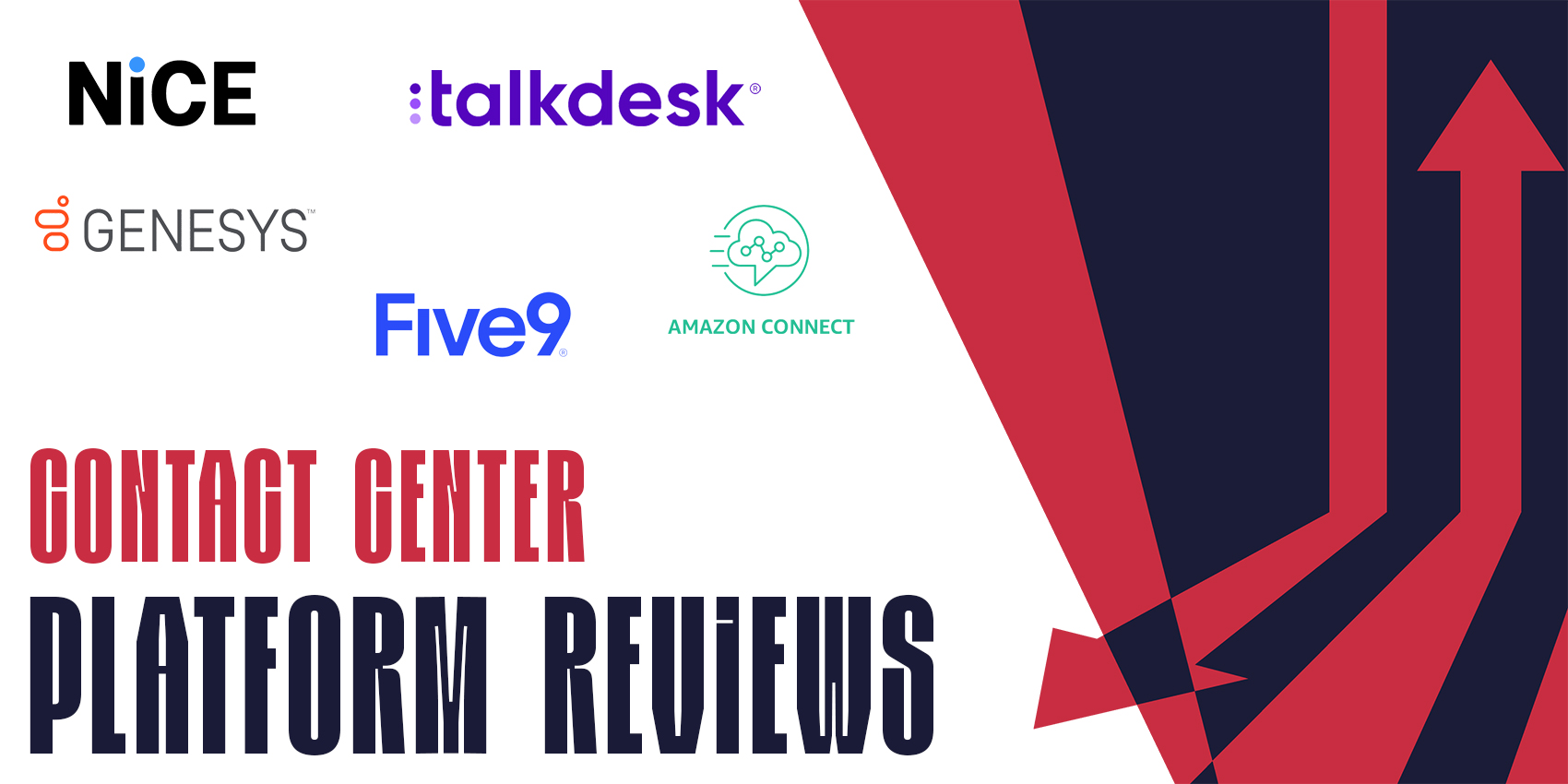Robust training can equip contact centre agents with the skills and knowledge necessary to resolve customer queries at one go, handle tricky situations, and meet internal/regulatory performance standards. In 2020, “improving training” was among the top 10 contact centre priorities, specifically in the software/B2B software category where training proved to be the no.1 challenge. How do you provide agents with the requisite training so they can effectively address the various dynamic interaction scenarios witnessed every day in a typical contact centre?
It all begins with assessing your agent’s training requirements.
What is a Contact Centre Agent Training Assessment?
Contact centre agent training assessment can be defined as the practice of assessing workforce performance and business objectives in order to determine gaps and identify the skills, resources, and experience needed to address the said gaps. Identifying non-training-related issues that affect agent performance could also be part of the assessment, as it helps in fine-tuning your training strategy without investing in unnecessary elements.
For example, if an outdated routing software is struggling to match incoming queries with available agent skill sets, then it is a better idea to adopt newer software technologies instead of investing in upskilling. Contact centre agent training assessments furnishes these insights.
How to Go About Assessing Agent Training Requirements
The first step to training assessment is to have your business outcome projections in place. You might be looking to improve a specific contact centre metric like first-contact resolution. Or, you might be guided by an overarching business goal like acquiring X number of customers in a newly penetrated market or region.
Once these outcome forecasts are in place, you can start assessing agent performance against these four criteria:
- People-handling capabilities – Contact centre agents must have excellent empathy and active listening skills so that customers feel comfortable, valued, and interested. Some of it will be inherent in the agent’s personality, but you can also imbibe people skills through role-play training, simulated interactions, call recording-based training sessions, etc
- Analytical skills – This refers to agents’ cognitive capacity that allows them to analyse every interaction, follow instructions, tailor the conversation depending on the scenario, and logically unravel the customer’s problem. Analytical skills also help agents in self-assessing their performance and using technology
- Voice and communication skills – Depending on your contact centre location, agents might need to be conversant with a specific language, vocabulary, or accent. This, combined with people skills, is what powers a great interaction
- Product and industry knowledge – In sectors like software technology or B2B products, agents need deep familiarity with the product and its maintenance practices to be able to serve the customer. Remember, contact centre agents also double up as SMEs for your product line, making this type of training essential
After assessing agent performance based on these criteria, you will be able to map existing competencies with future outcomes to accurately pinpoint areas of improvement. Your agent training strategy should target these specific areas for targeted outcomes, without getting into a generic or tangential upskilling program.







